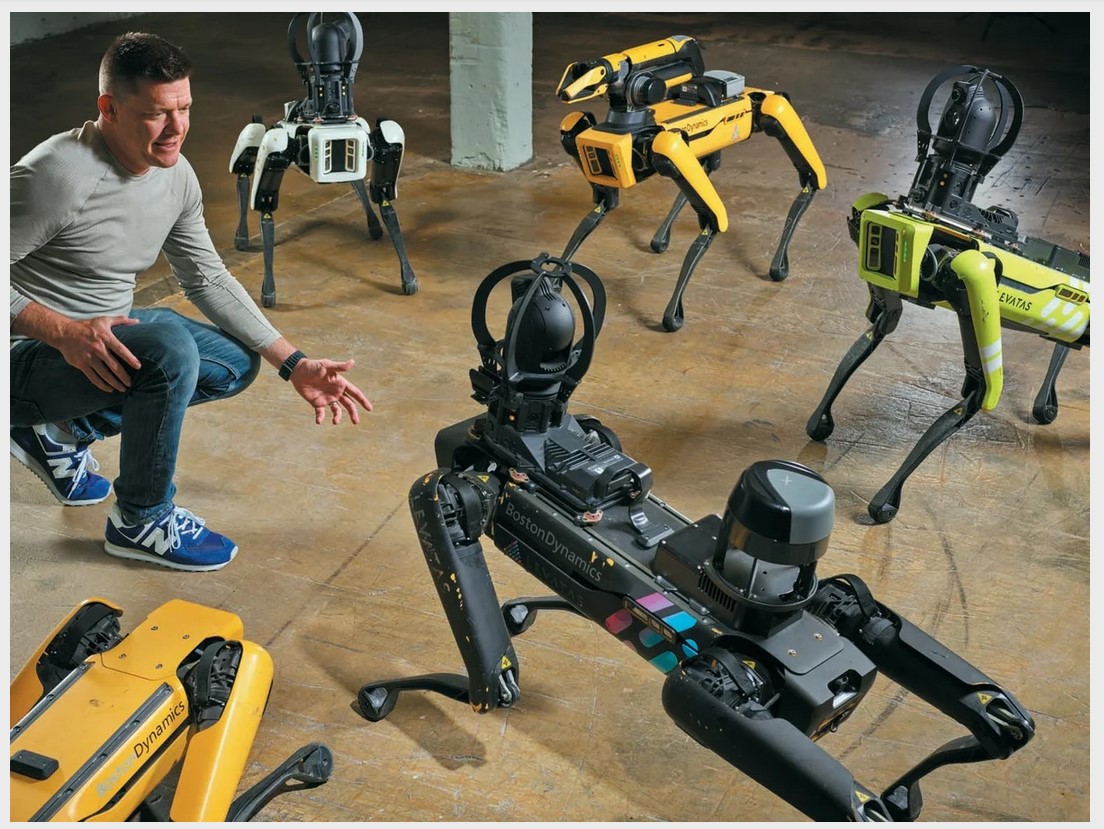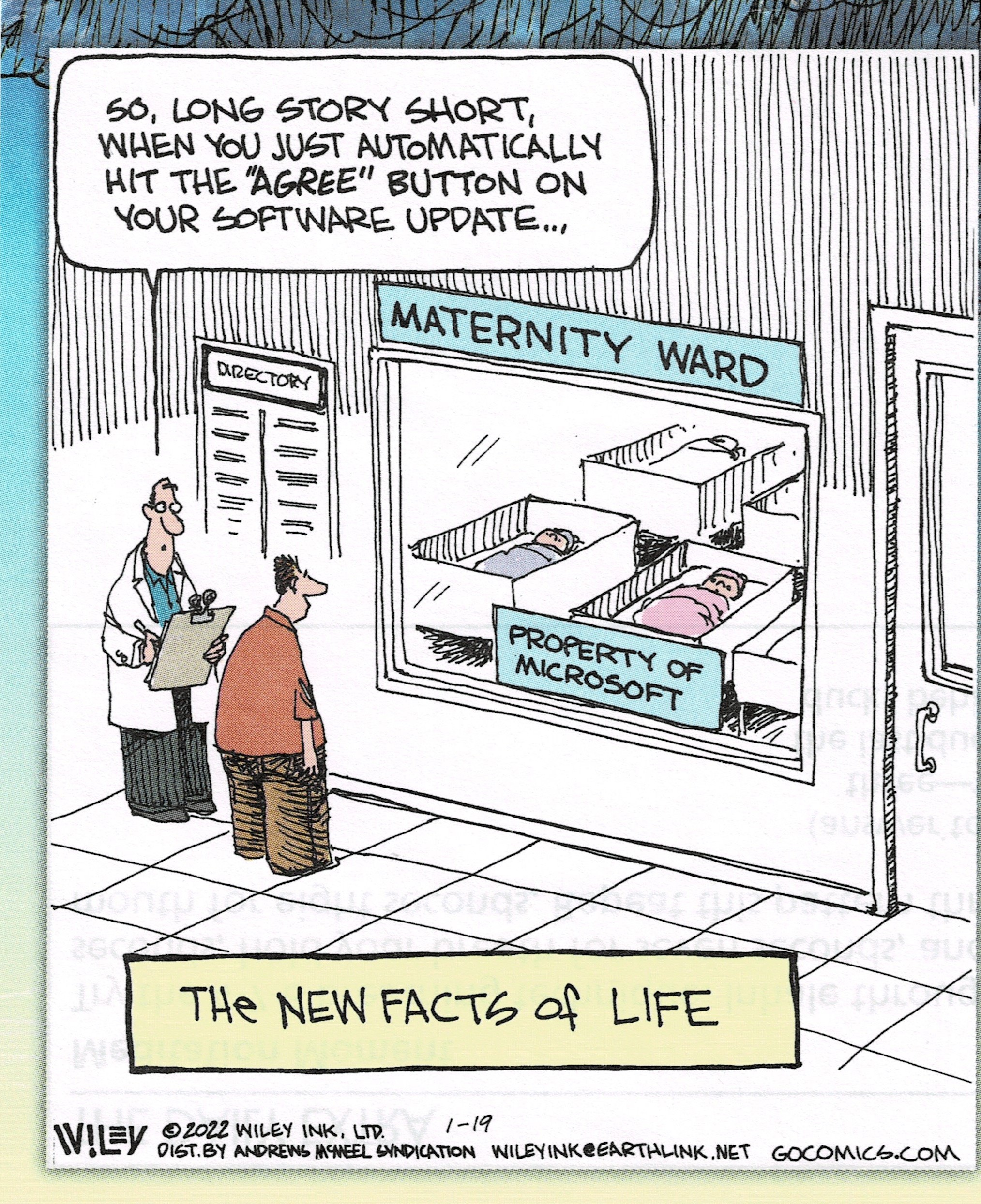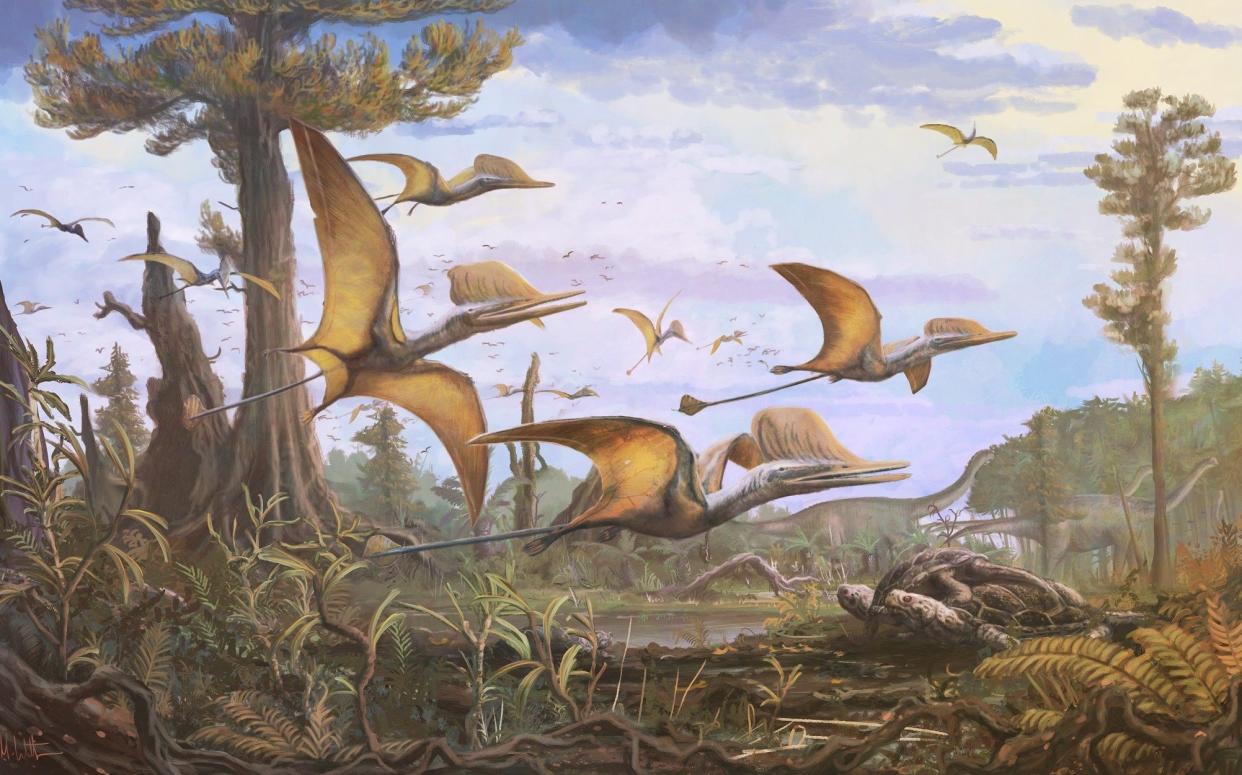Everyone, whether they consciously acknowledge it or not, is trying to swim in a turbulent sea. Change is everywhere. Mariner pulled two charts from Axios that document change in the normalcy of buying a house and the every day behavior regarding television. Take a look:

Used to be that a person, couple or family could put aside some money for a year or two and go house hunting. Plain and simple, there aren’t enough houses for the nation’s population. Further, mortgage rates have soared from 2.65% in January 2021 surging to 7.79% in October 2023. Historically it is true that significant inflation can push rates as high as 18 percent (1981) but the inflation since COVID has been controlled. Suffering just as greatly are citizens looking for a new rental because their present landlord upped the rent beyond what the citizen could afford.
What changes in behavior are causing the shortage in housing?
֎ At retirement older homeowners are not selling their homes as often. Two behaviors may explain this: As folks live longer, home equity is the cushion for expensive retirement, assisted living, medical treatment and hospice care. Impacting this further, the large generation of millennials have reached retirement age. Secondly, because there are not enough homes, the retiree’s children are still living at home well into their twenties and, in poorer income families, it isn’t surprising to see two different families in a single-family home.
֎ Another new behavior is working from home. Note that the chart is a compilation of twenty cities and does not include rural housing. There has been a rush of employees moving out of cities to find homes in less urban locations. Ironically, there are neighborhoods in Silicon Valley with standing vacancies. However, prices have not dropped. Add to this a second wave of migrants: citizens selling their expensive home and moving to rural America to purchase an inexpensive home whereby to live comfortably with the large profit from their city home.
One would think all this moving about would balance things. However, the underlying issue is that there are not enough homes for the population. There are some side issues like NIMBY that prevent low income housing and there are profiteers wiping out cheap neighborhoods to build casinos and rich high-rise condos. But the national housing market is too large to be shifted by these immoral behaviors.
On to television.

The blue and orange bars net out: TV viewership is not growing. Currently, only Netflix and live sports show growth. There are two large behaviors that tell why: smart phones (is yours on right now?), and the impact of social media. (Going back to 1971 when Sixty Minutes was the first news show to convert news programs from public service to profit income thereafter the conversion of news programming went from 30 minutes with Walter Cronkite to 24-hour channels – was there really that much more news? Welcome to gossip news!)
As if to add insult to injury, the Internet’s social media has had the same effect being so invasive that headlines are about opinions. Factual news is hard to find – everyone on TV is guessing about things that haven’t really happened – unless they are person-events like Taylor Swift. Mariner will never forget when CNN had eleven journalists sit in a long row to discuss a news item.
All in all, however, it is the smart phone and computer viewing that has changed our habits.
Ancient Mariner







